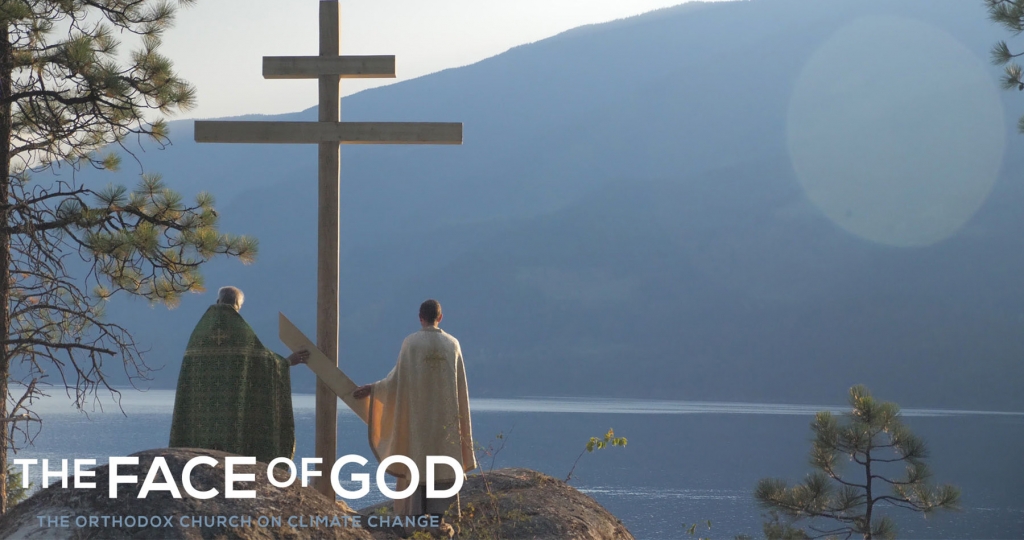
The following ten points are extracted from the May 23, 2007 statement, "Global Climate Change: A Moral and Spiritual Challenge," which was adopted by the Standing Conference of the Canonical Orthodox Bishops in the Americas (SCOBA) at their Spring Session held at St. Vladimir’s Seminary in Crestwood, NY.
The document was prepared by the SCOBA Social and Moral Issues Commission (SMIC) and concentrates on conveying a theological understanding of the role of the human person and the environment, with particular emphasis on climate change.
We wish to emphasize the urgency of the situation. To persist in a path of excess and waste, at the expense of our neighbors and beyond the capability of the planet to support the lifestyle directly responsible for these changes, is not only folly; it jeopardizes the survival of God’s creation, the planet that we all share. In the end, not only is it sinful; it is no less than suicidal. Society can alter its behavior and avoid the more serious consequences of climate change.
1. We must work together to reduce the way that we have exploited earth’s resources, especially its fossil fuels. Justice and charity for our neighbors demand a more frugal, simple way of living in order to conserve the fruits of creation.
2. In order to make the required changes, we are called to pray first and foremost for a change in our personal attitudes and habits, in spite of any accompanying inconvenience. The issue is not merely our response to climate change, but our failure to obey God.
3. We must live in a manner that is consistent with what we believe and pray. Our heart must be “merciful, burning with love for the whole of creation” (Abba Isaac the Syrian, Mystic Treatises, Homily 48). At minimum, this means caring about the effect of our lives upon our neighbors, respecting the natural environment, and demonstrating a willingness to live within the means of our planet.
4. Such a change will invariably require reduction in our consumption of fossil fuels as well as acceptance of alternative energy sources such as solar or wind power, and other such methods that minimize our impact upon the world. We can do these things, but it will require intentional effort from each of us.
5. We must learn all that we can about the emerging situation of climate change.
6. We must set an example in the way that we choose to live, reaching out and informing others about this threat.
7. We must discuss with parishioners and – since climate change is not only an issue for Orthodox Christians –– we must raise the issue before public officials and elected representatives at the city, state and national levels. We are all responsible for this situation, and each one of us can do something to address the problem.
8. In each generation, God sends some great tests that challenge the life and future of society. One of the tests for our time is whether we will be obedient to the commands that God has given to us by exercising self-restraint in our use of energy, or whether we will ignore those commands and continue to seek the comforts and excesses that over-reliance on fossil fuels involves.
9. At every Divine Liturgy, we pray for seasonable weather. Let us enter into this prayer and amend our lives in whatever ways may be necessary to meet the divine command that we care for the earth as the Lord’s. If we can do this, if we can render our lives as a blessing rather than a curse for our neighbors and for the whole creation, then, God willing, we may live and flourish. This is not an optional matter. We will be judged by the choices we make. The Scriptures bluntly tell us that if we destroy the earth, then God will destroy us (see Revelation 11:18).
10. Let us all recall the commands of God regarding our use of the earth. Let us respond to the divine commandments so that the blessings of God may be abundantly upon us. And let us responsibly discern the right, holy and proper way to live in this time of change and challenge. Then we shall “perceive everything in the light of the Creator God” (St. John Climacus, Ladder of Divine Ascent, Step 4,58).